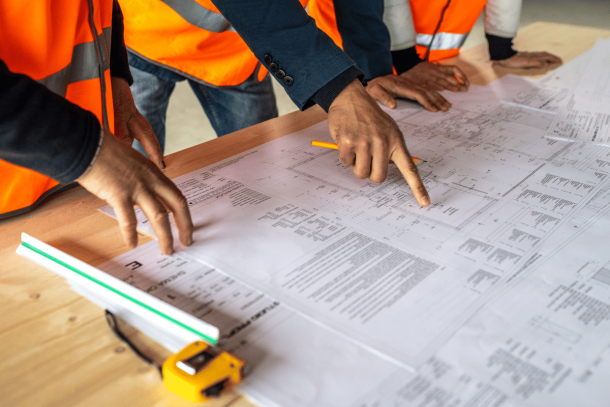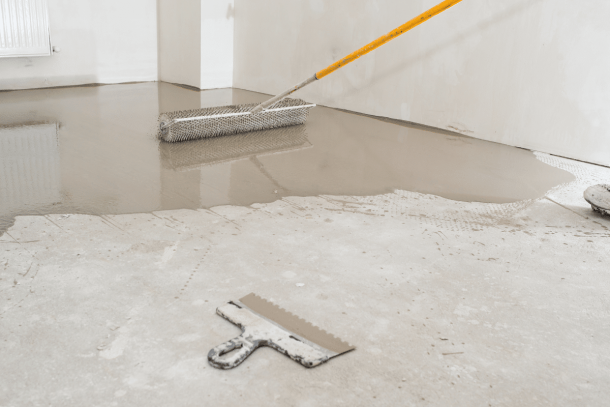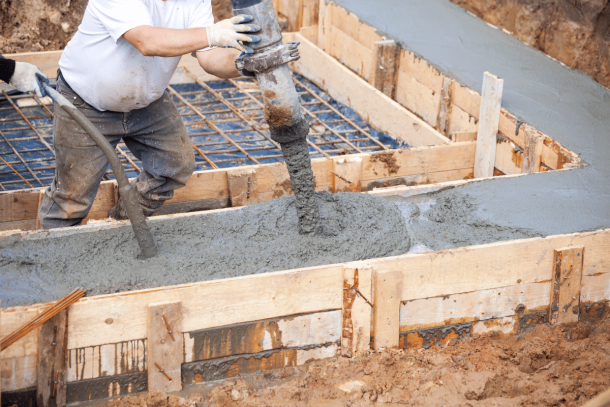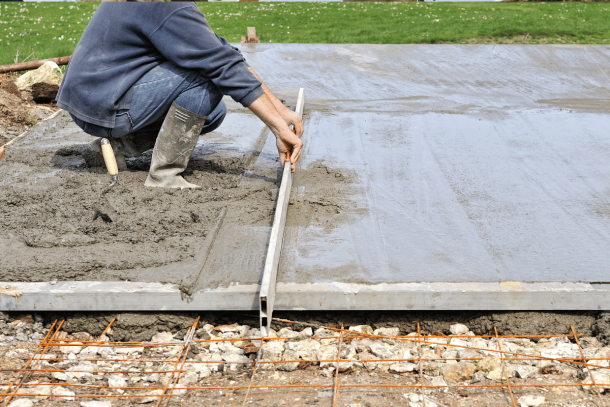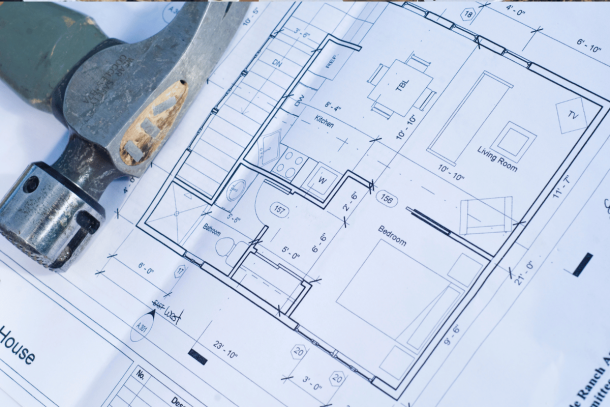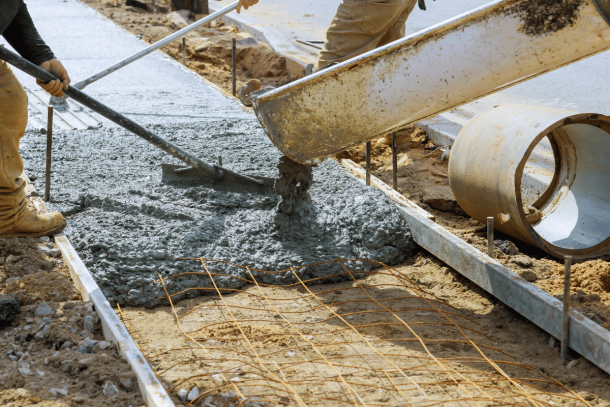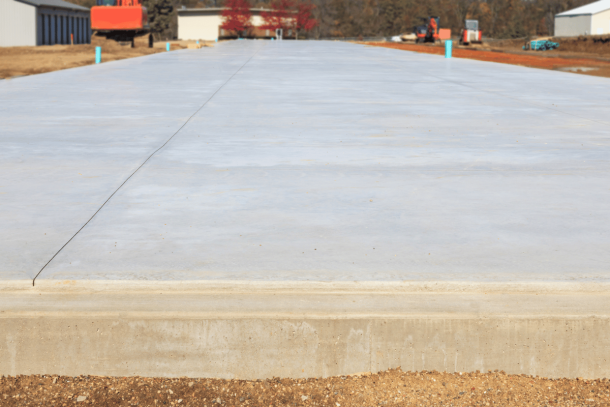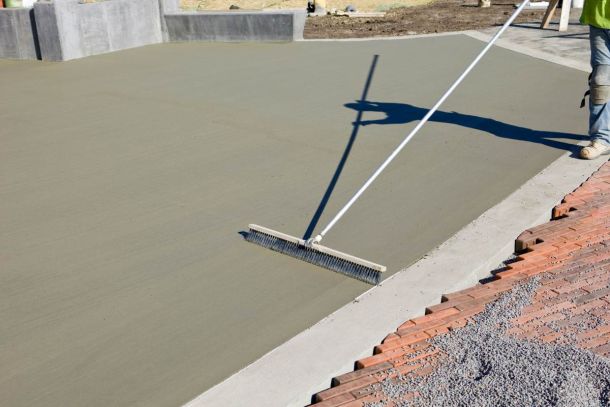Building Strong Foundations: The Crucial Importance of Quality Concrete in Construction
Building Strong Foundations: The Crucial Importance of Quality Concrete in Construction
Introduction
In the world of construction, the strength and durability of a building depend significantly on the quality of its foundation. At the core of this foundation lies one essential component: concrete. In this blog, we delve into the importance of using high-quality concrete in construction projects, emphasising its far-reaching implications for safety, longevity, and overall project success.
1. The Backbone of Construction
Concrete is often referred to as the backbone of construction, and for good reason. It serves as the primary material for foundations, slabs, columns, and other critical structural elements. The quality of the concrete used in these components directly influences the building’s ability to withstand various stresses and challenges over time.
2. Ensuring Structural Integrity
Strength and Load-Bearing Capacity:
High-quality concrete possesses superior strength, ensuring that structures can bear heavy loads without succumbing to stress. This characteristic is especially crucial in large-scale construction projects common in today’s urban environments.
Durability and Longevity:
Quality concrete is designed to withstand the test of time. It resists environmental factors such as freeze-thaw cycles, chemical exposure, and abrasion, contributing to the longevity of the structure and reducing the need for frequent repairs.
3. Safety First
Resilience to Natural Disasters:
In regions prone to earthquakes or other natural disasters, the use of quality concrete becomes a matter of safety. Properly designed and cured concrete structures exhibit greater resilience, providing a safer environment for occupants.
Fire Resistance:
High-quality concrete offers excellent fire resistance, a crucial factor in ensuring the safety of buildings and their occupants. It acts as a barrier, slowing down the spread of flames and providing valuable time for evacuation.
4. Economic Efficiency and Sustainability
Reduced Maintenance Costs:
Investing in quality concrete upfront may seem like a higher initial cost, but it pays off in the long run by reducing maintenance expenses. Structures built with high-quality concrete require fewer repairs and replacements, saving both time and money.
5. Environmental Sustainability
Sustainable construction practices are gaining prominence. Quality concrete can be produced with environmentally friendly additives, and its longevity reduces the need for frequent reconstruction, thereby minimizing the environmental impact of the construction industry.
Conclusion
In essence, the importance of quality concrete in construction cannot be overstated. It forms the bedrock upon which safe, resilient, and enduring structures are built. As the construction industry continues to evolve, prioritizing the use of high-quality concrete is not just a best practice; it is a fundamental necessity for creating a built environment that stands the test of time. So, the next time you witness a towering skyscraper or a sturdy bridge, remember that it all begins with the quality of the concrete beneath your feet.


